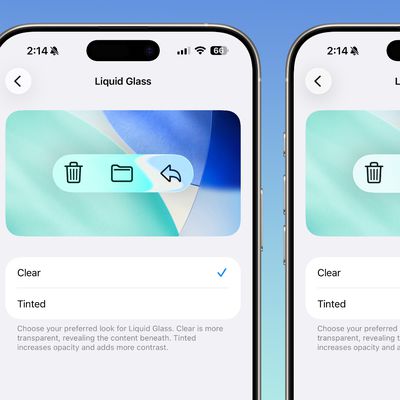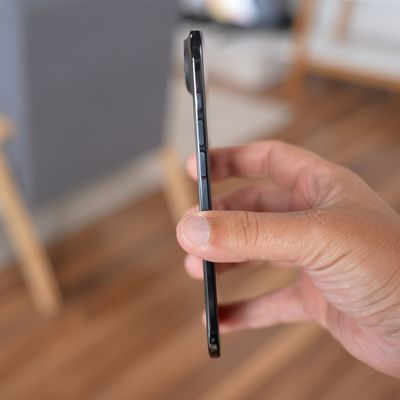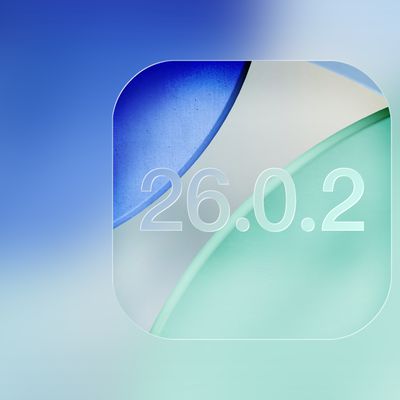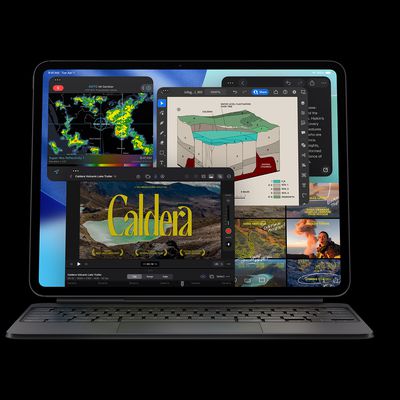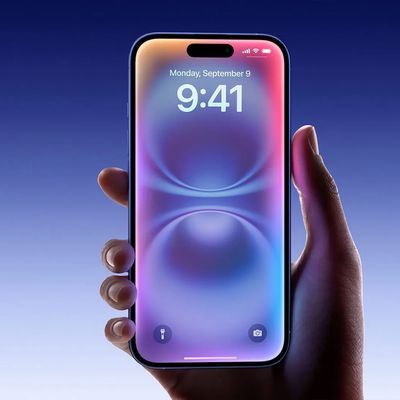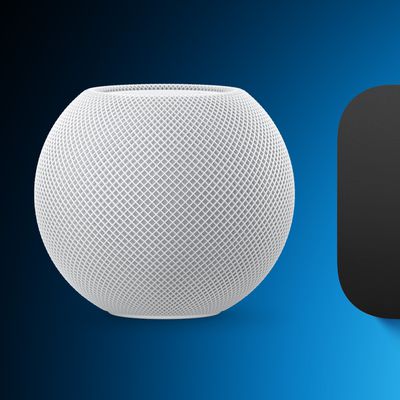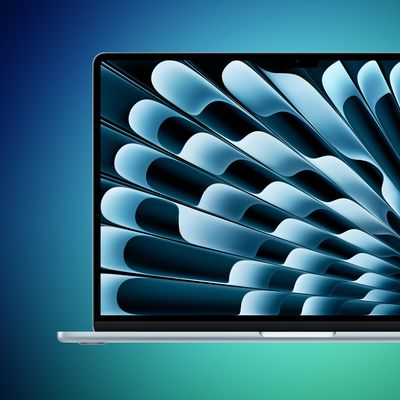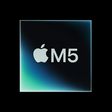Apple Must Pay Over $700 Million in Major Patent Damages Case
Apple has today been ordered to pay more than $700 million to the Texas-based cellular technology company Optis in a landmark UK patent ruling (via ipfray).

In London, the England and Wales Court of Appeal today ruled that Apple must pay a lump sum of $502 million to Optis Cellular Technology LLC for the use of standard-essential 4G patents in iPhones and iPads over a 14-year period spanning from 2013 to 2027. The decision marks a dramatic increase from the $56.43 million originally awarded by the High Court in 2023. In addition to the revised damages figure, the new judgment also includes interest, which could exceed $200 million, bringing Apple's total liability in the case to more than $700 million.
The dispute centers on whether Apple breached its obligations to license the patents on FRAND (fair, reasonable, and non-discriminatory) terms, which are required under international standards for the use of essential wireless technology. Optis is a Texas-based entity that does not manufacture products but holds and licenses intellectual property. It first raised the case in London in 2019.
Apple had previously argued that the royalty rates proposed by Optis were excessive and not compliant with FRAND principles. In a statement provided to Reuters, Apple said "We are disappointed by this decision and plan to appeal."
Optis makes no products and their sole business is to sue companies using patents they buy. We will continue to defend against their attempts to extract unreasonable payments.
The ruling is believed to be one of the largest patent damages awards in UK history. According to legal filings, Apple had previously expressed concern that an unfavorable royalty ruling could constitute grounds for exiting the UK market. While the company later walked back that position, the $700 million judgment moves the case significantly closer to that earlier worst-case scenario than had been anticipated following the High Court's original determination.
Apple can still petition the UK Supreme Court to review the case, but such appeals are usually granted only in limited circumstances, such as significant points of law or matters of public interest.
Update: Optis has issued a statement to MacRumors regarding the ruling:
We're pleased the UK Court of Appeals has recognized and corrected a clearly flawed prior ruling and has made meaningful progress toward affirming the true value of our patents to Apple devices. In addition to ordering payment that exceeds $700 million with interest and fees, the Court has judged that "Apple's significant negotiating strength leads some parties to agree lower rates than would be agreed between a willing licensor/willing licensee" thereby gaining an unfair advantage. We will continue to ensure fair compensation for the Optis intellectual property that enables high-speed connectivity for millions of devices around the world."
Popular Stories
iOS 26 was released last month, but the software train never stops, and iOS 26.1 beta testing is already underway. So far, iOS 26.1 makes both Apple Intelligence and Live Translation on compatible AirPods available in additional languages, and it includes some other minor changes across the Apple Music, Calendar, Photos, Clock, and Safari apps.
More features and changes will follow in future ...
With the fourth betas of iOS 26.1, iPadOS 26.1, and macOS 26.1, Apple has introduced a new setting that's designed to allow users to customize the look of Liquid Glass.
The toggle lets users select from a clear look for Liquid Glass, or a tinted look. Clear is the current Liquid Glass design, which is more transparent and shows the background underneath buttons, bars, and menus, while tinted ...
Apple plans to cut production of the iPhone Air amid underwhelming sales performance, Japan's Mizuho Securities believes (via The Elec).
The Japanese investment banking and securities firm claims that the iPhone 17 Pro and iPhone 17 Pro Max are seeing higher sales than their predecessors during the same period last year, while the standard iPhone 17 is a major success, performing...
Apple's software engineers continue to internally test iOS 26.0.2, according to MacRumors logs, which have been a reliable indicator of upcoming iOS versions.
iOS 26.0.2 will be a minor update that addresses bugs and/or security vulnerabilities, but we do not know any specific details yet.
The update will likely be released by the end of next week.
Last month, Apple released iOS 26.0.1,...
While the new iPad Pro's headline feature is the M5 chip, the device has some other changes, including N1 and C1X chips, faster storage speeds, and more.
With the M5 chip, the new iPad Pro has up to a 20% faster CPU and up to a 40% faster GPU compared to the previous model with the M4 chip, according to Geekbench 6 results. Keep in mind that 256GB and 512GB configurations have a 9-core CPU,...
iOS 26.4 is expected to introduce a revamped version of Siri powered by Apple Intelligence, but not everyone is satisfied with how well it works.
In his Power On newsletter today, Bloomberg's Mark Gurman said some of Apple's software engineers have "concerns" about the overhauled Siri's performance. However, he did not provide any specific details about the shortcomings.
iOS 26.4 will...
Apple on Wednesday updated the 14-inch MacBook Pro, iPad Pro, and Vision Pro with its next-generation M5 chip, but previous rumors have indicated that the company still plans to announce at least a few additional products before the end of the year.
The following Apple products have at one point been rumored to be updated in 2025, although it is unclear if the timeframe for any of them has...
With the fourth beta of iOS 26.1, Apple added a toggle that makes Liquid Glass more opaque and reduces transparency. We tested the beta to see where the toggle works and what it looks like.
Subscribe to the MacRumors YouTube channel for more videos.
If you have the latest iOS 26.1 beta, you can go to Settings > Display and Brightness to get to the new option. Tap on Liquid Glass, then...
Apple plans to launch MacBook Air models equipped with the new M5 chip in spring 2026, according to Bloomberg's Mark Gurman. Apple is also working on M5 Pro and M5 Max MacBook Pro models that will come early in the year.
Neither the MacBook Pro models nor the MacBook Air models are expected to get design changes, with Apple focusing on simple chip upgrades. In the case of the MacBook Pro, a m...




